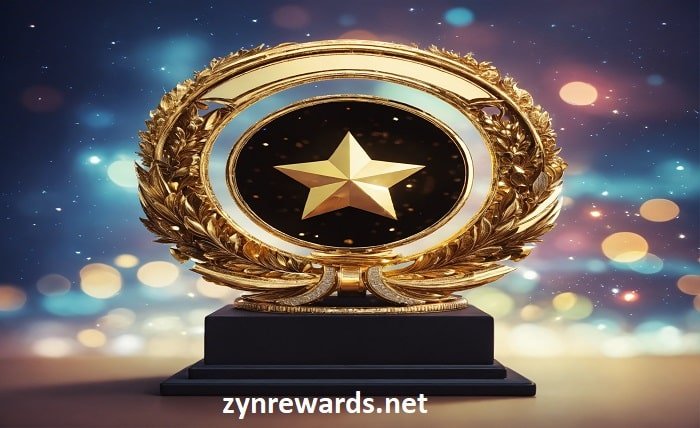Rewards are a powerful tool for motivating desired behaviors, fostering loyalty, and achieving goals. Whether in the workplace, at home, or in a customer loyalty program, well-designed rewards can make a significant difference. This blog post will delve into the world of rewards, exploring their benefits, different types, and best practices for implementing them effectively.
The Power of Rewards
Rewards tap into our intrinsic desire for recognition and achievement. When we receive a reward for a positive action, it reinforces that behavior, making us more likely to repeat it. Rewards can also boost morale, create a sense of accomplishment, and increase engagement.
Different Types of Rewards
Rewards come in a variety of forms, catering to different motivations. Some of the most common types include:
Tangible Rewards: Physical items like gift cards, merchandise, or bonuses.
Intangible Rewards: Recognition, praise, or increased autonomy.
Experiences: Tickets to events, access to exclusive experiences, or opportunities for professional development.
Social Rewards: Public recognition, awards, or leadership opportunities.
Designing Effective Rewards
Alignment with Goals: Ensure rewards are tied to the desired behavior or outcome.
Value and Relevance: Choose rewards that are meaningful and desirable to the recipient.
Variety: Offer a range of rewards to cater to different preferences.
Timeliness: Provide rewards promptly after the desired behavior is exhibited.
Communication: Clearly communicate the reward program and how to earn rewards.
Implementing On Rewards Programs
There are several ways to implement rewards programs, depending on your needs. Here are a few options:
Points-based Systems: Award points for specific actions that can be redeemed for rewards.
Tiered Systems: Offer different levels of rewards based on performance or engagement.
Recognition Programs: Publicly acknowledge and celebrate achievements.
Gamification: Incorporate game mechanics like points, badges, and leaderboards to increase engagement.
On Rewards in the Workplace
Rewards play a crucial role in employee motivation and retention. Effective workplace reward programs can improve performance, boost morale, and create a more positive work environment.
On Rewards at Home
Rewards can also be a powerful tool for motivating desired behaviors at home. Use reward systems to encourage chores, good grades, or positive social interactions between family members.
FAQ
- How often should rewards be given?
This depends on the program and the desired behavior. For small, frequent actions, immediate rewards may be best. For larger goals, spaced-out rewards can maintain motivation.
- Can rewards become a crutch?
While rewards are effective motivators, the goal should be to cultivate intrinsic motivation over time. Balance immediate rewards with opportunities for personal growth and development.
- What if someone is not motivated by rewards?
Not everyone is driven by rewards. Consider other motivational factors like purpose, autonomy, or mastery.




